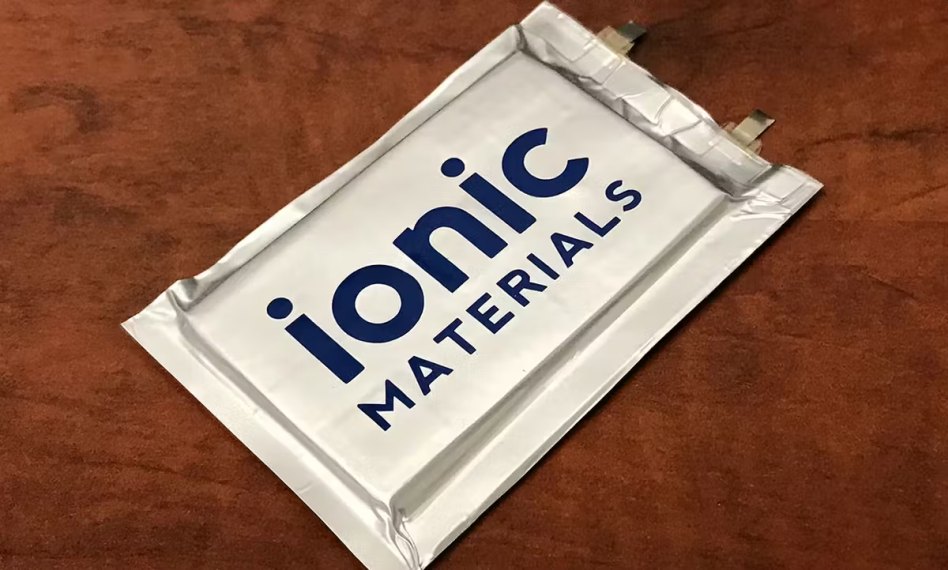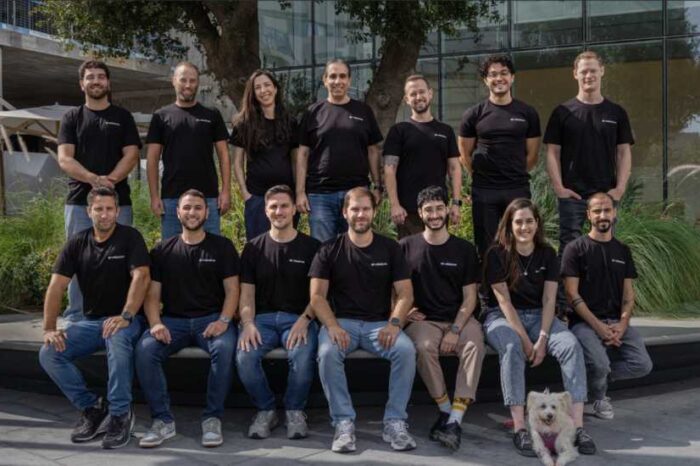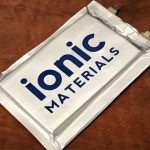Ionic Materials, a tech startup set to revolutionize lithium batteries for EVs, shuts down operations

Ionic Materials, a solid-state EV battery hopeful, has shut down. According to a report from The Information, the Massachusetts-based Ionic Materials has ceased operations. The company has also let go of nearly its entire workforce, marking a significant setback in its journey to revolutionize EV battery technology.
Multiple former employees told The Information that the shutdown includes plans to liquidate equipment and other assets. Over 40 employees were let go, with only two confirming they received two weeks’ severance pay.
Back in 2018, Ionic Materials drew substantial investor interest with its groundbreaking polymer material. This novel polymer purportedly addressed key challenges in battery science, particularly with lithium metal, a highly energy-dense material that promised extended driving ranges if successful. The company’s $65 million Series C funding round that year was notably large for its time, attracting investments from automotive giants Renault, Nissan, and Mitsubishi.
“Massachusetts battery developer Ionic Materials let go virtually its entire workforce on Tuesday, closed down and made plans to sell its equipment and other assets, according to multiple former employees. The company fired more than 40 employees, two of whom said they received two weeks of pay as severance,” The Information reported.
Despite its promising technology, Ionic Materials recently decided to wind down operations. Just before this, the startup had inked a pre-commercial agreement with South Korea’s Doosan Co. to develop advanced functional materials using liquid crystal polymers (LCP). This partnership aimed to create next-generation flexible copper-clad laminates (FCCL) using LCPs, following extensive collaboration between both companies’ R&D teams.
Founded in 2012 by Michael Zimmerman, Ionic Materials specializes in polymer technology for breakthrough applications. The team comprised seasoned engineers and scientists with deep expertise in polymer science, electrochemistry, and battery technology, supported by top industry and academic experts.
Ionic’s polymer electrolyte was touted as a breakthrough in battery technology. It aimed to facilitate the production of safer, cheaper, and higher-performance batteries, challenging the conventional trade-offs between safety, cost, and performance in battery design. The company had high hopes for bringing this innovative technology to market in partnership with key players in the battery industry.
However, the recent shutdown signals a sobering reality for the ambitious startup, underscoring the formidable challenges faced in the highly competitive and technologically demanding field of advanced battery development.




